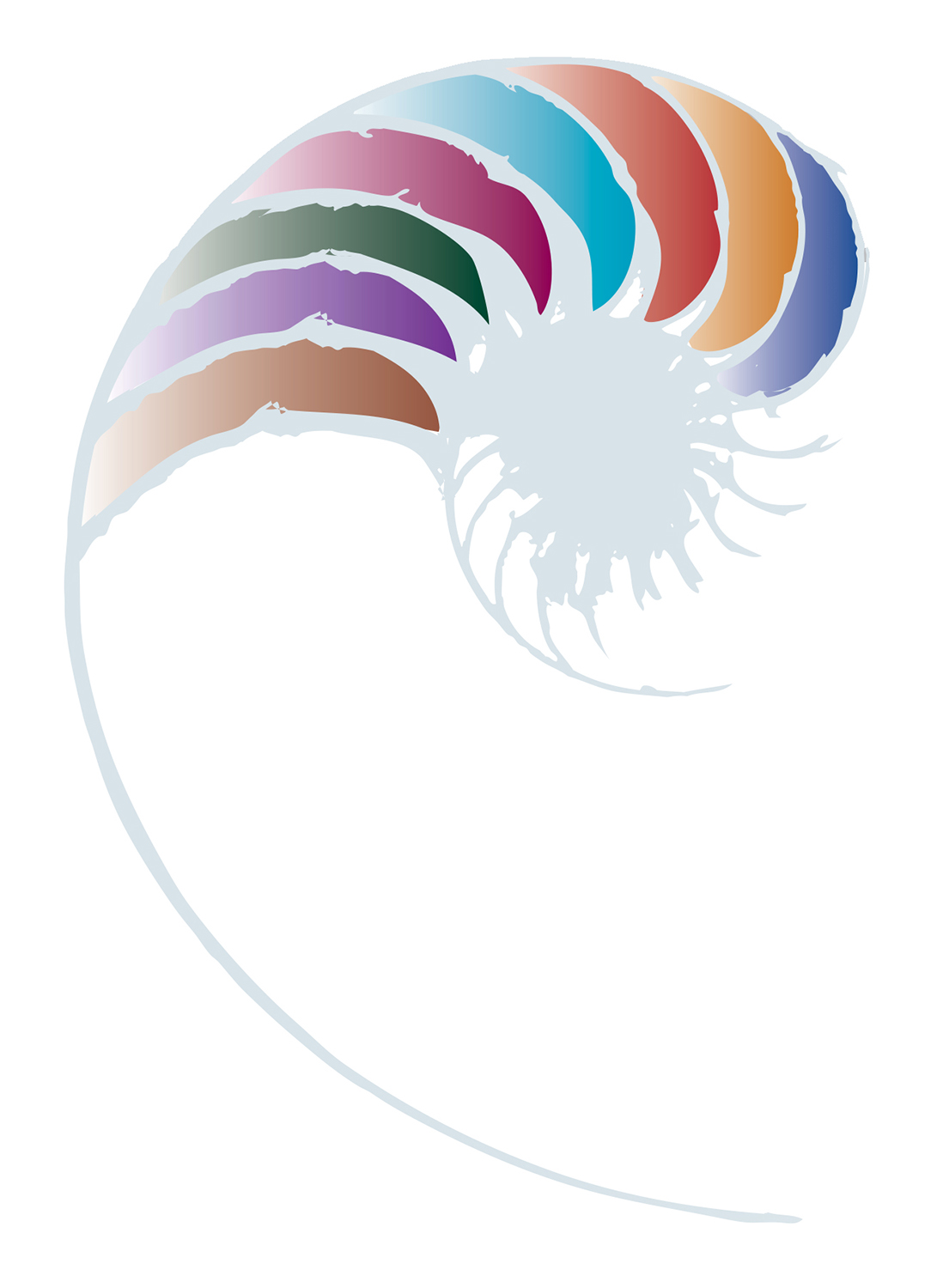Supporting former refugee families
A story about strategies for welcoming and learning from former refugees.

Te Whāriki guides us to value the wider world of family and community and to build on the knowledge and experiences they bring.
Three former refugee families visited kaiako at Dunedin’s Brockville Kindergarten in January 2017. The families wanted to start their children at the kindergarten. They were new to New Zealand and the English language, and they had a Red Cross interpreter with them. A kaiako recalls doing their best to communicate: “A cup of coffee eased the tension as I muddled my way through trying to explain the enrolment process”.
In 2019 kaiako welcomed several more former refugee families to the kindergarten. Each family brought a unique set of circumstances. Kaiako revisited their understandings about family, the wider community, and how to include diverse knowledge and experiences into their day-to-day practices. They have been willing to ask themselves, "Why do we do what we do?”, and adjust planning and practices.
Nurturing family wellbeing and trust sits behind many of the small adjustments kaiako have made. For example, at enrolment time, kaiako prioritise building trust over gaining information. Positive body language with hand gestures and smiles and taking families to show them things are more effective than lots of talk.
Kaiako are careful not to jump in quickly or be insistent when a child’s approach to things is different from what they expect. They appreciate that when children arrive, it is often the little things that matter most – like keeping their bag and clothes with them at all times or waiting until other children have left an activity before they participate. Observing and sensing when to set aside their assumptions and expectations have helped kaiako accommodate children’s needs as they settle into the kindergarten.
Kaiako have sought to foster networks and reciprocal connections with those who have first-hand experience of refugee resettlement. For example, at a workshop, kaiako met Taghrid who now volunteers one day a week because she wants to become a teacher. Taghrid brings invaluable expertise in interpreting, translating, and giving cultural advice. She has helped in many ways, including translating the kindergarten’s philosophy into Arabic and reassuring a father that his child was successfully settled and learning.
Another relationship fostered with a Red Cross support worker enabled kaiako to hold a hui specifically for their former refugee families. Kaiako wrote, “We discussed development, interests, behaviour (families were very keen to know about this), and talked about food and other expectations. We wouldn’t hesitate to do this again”.
Kaiako know that they cannot always rely on others – or on Google Translate. They are therefore taking up the challenge to learn some Arabic themselves.
About this resource
Being flexible, setting aside any assumptions, and networking for support became important strategies for a kindergarten exploring effective transitions for former refugee children and their families.



